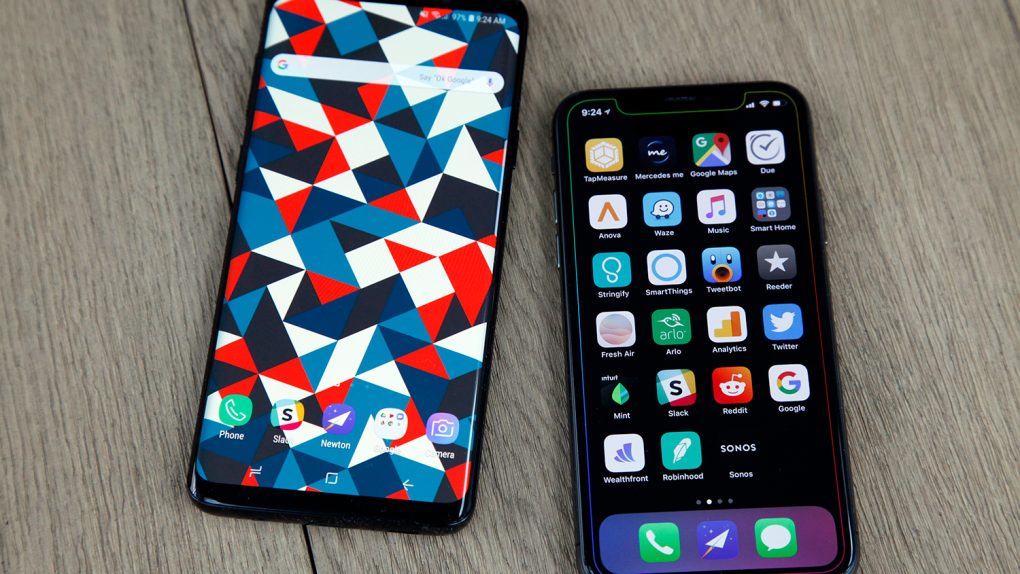Apple already confirmed that it’ll have more advanced parental controls built into the iPhone this year, in response to a letter demanding such features from the iPhone maker. But Apple never revealed what these features might be.
Tony Fadell, the former Apple employee who worked on the iPod and iPhone before creating Nest, has some ideas for Apple, urging the company to implement features into iOS that would curb addiction. Fadell hopes that once enabled on the iPhone, the entire mobile industry will follow.
In an opinion piece on Wired UK, the former Apple exec said that 10 years after the introduction of the iPhone, “there is no consensus on what constitutes healthy device usage.”
He liked iPhone overuse to a bad diet, the difference being that, with food, there are guidelines that help users self-regulate.
But when it comes to digital “nourishment,” we don’t know what a “vegetable,” a “protein” or a “fat” is. What is “overweight” or “underweight”? What does a healthy, moderate digital life look like? I think that manufacturers and app developers need to take on this responsibility before government regulators decide to step in – as with nutritional labeling. Interestingly, we already have digital-detox clinics in the US. I have friends who have sent their children to them. But we need basic tools to help us before it comes to that.
Because Apple controls both the hardware and software experience of the iPhone, it’s in a great position to include ways to keep smartphone addiction in check.
Fadell has a few ideas for the future of iOS. Apple could track everything you do on the iPhone, and offer that information for analysis:
You should be able to see exactly how you spend your time and, if you wish, moderate your behavior accordingly. We need a “scale” for our digital weight like we have for our physical weight. Our digital consumption data could look like a calendar with our historical activity. It should be itemized like a credit-card bill, so people can easily see how much time they spend each day on email, for example, or scrolling through posts. Imagine it’s like a health app which tracks metrics such as step count, heart rate and sleep quality.
Information from this digital scale could help users adapt their iPhone use and temperate it if need be.
Fadell also says that features like “listen-only” or “read-only” that would block incoming notifications while listening to audio content or reading a book on the iPhone could also help reduce addiction.
Fadell also argues that, because Apple makes money from selling devices, it doesn’t have to incentivize users to spend more time on the device, and thus it’s in a great position to introduce such features.
I believe Apple will sell more devices if it makes this kind of digital activity tracking available, as people will feel more comfortable buying them for themselves and their children if they have that extra control. If Apple does the right thing, the industry will follow.
Fadell is slightly wrong there. Right or wrong, whatever Apple does, the industry will follow.
As an iPhone addict myself, I have to say I’d welcome built-in tools to see exactly how much time I waste on the handset. The subtle irony here is that some of the iPhone time I’d reduce would then be utilized to check what I’m doing on the phone.








